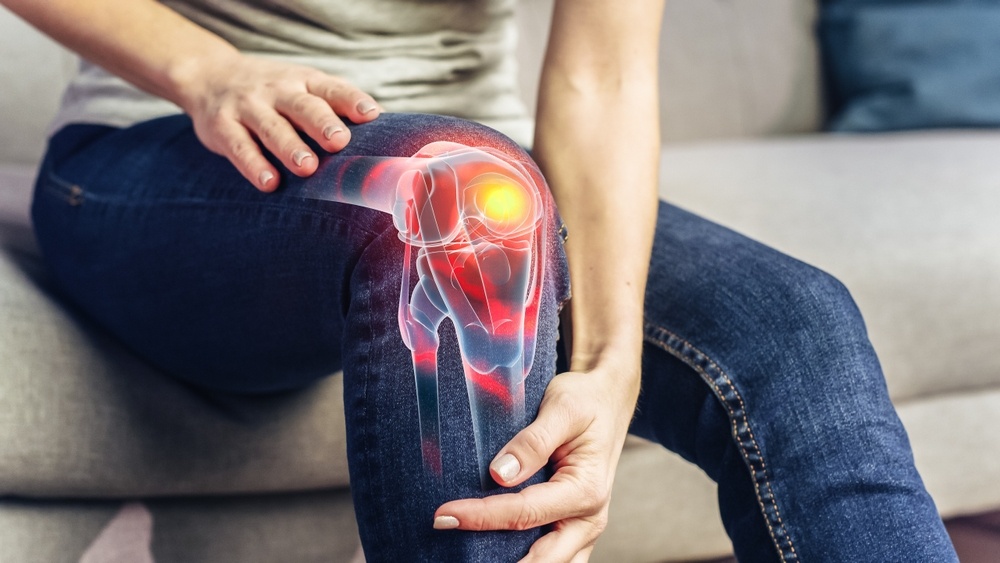The University of Oxford is leading a pioneering six-year, £11m research programme that aims to transform chronic pain management through personalised, brain-targeted therapies.
Backed by the Engineering and Physical Sciences Research Council (EPSRC), the project – known as EPIONE (Effective Pain Interventions with Neural Engineering) – brings together world-leading experts in engineering, neuroscience, and clinical medicine to develop next-generation treatments capable of reducing or even eliminating chronic pain.
Chronic pain affects up to 28 million adults in the UK, making it one of the most pressing public health challenges. It is a leading cause of disability worldwide, costing health services millions in treatment and the economy billions in lost productivity.
Yet, despite its scale, there have been few major breakthroughs in pain medicine for decades. EPIONE seeks to change that by reimagining how chronic pain is understood and treated.
Engineering meets neuroscience
Unlike traditional drug discovery approaches, EPIONE focuses on targeting the brain’s pain networks directly.
Chronic pain is increasingly recognised as a disorder of the nervous system, often caused by disrupted brain signalling after injury or illness.
The project will use advanced sensor systems, neuromodulation technologies, and adaptive control algorithms to develop treatments that can detect and respond to pain signals in real time.
By combining engineering precision with neuroscientific insight, the programme aims to design personalised and adaptive therapies that adjust dynamically to a patient’s needs – representing a major departure from conventional fixed-dose treatments for chronic pain management.
World-first innovations in chronic pain therapy
Over its six-year duration, EPIONE is expected to deliver several groundbreaking technologies, including:
Adaptive brain implants that sense and respond to pain signals in real time, paving the way for large-scale clinical trials and potential NHS adoption.
Closed-loop drug delivery systems that automatically regulate medication doses, reducing the risk of side effects and addiction.
Non-invasive stimulation techniques, such as ultrasound and magnetic therapy, capable of targeting multiple brain regions simultaneously.
A smart feedback system combining brain sensors and stimulation devices to help patients retrain their brains and manage pain more effectively.
These technologies could usher in a new generation of personalised chronic pain management, offering hope to millions of people for whom existing treatments have fallen short.
Collaboration and patient-centred design
EPIONE is co-led by Professor Tim Denison of Oxford’s Department of Engineering Science and Professor Ben Seymour of the Nuffield Department of Clinical Neuroscience.
The team includes collaborators from the University of Cambridge, University of Glasgow, and UCL, along with NHS pain specialists and industry partners.
Crucially, people living with chronic pain will play a central role in the design and testing of new interventions, ensuring that the resulting technologies are not only scientifically sound but also responsive to real-world patient needs.
Professor Denison added: “Each of EPIONE’s members is a world-renowned expert in their own field, and the programme is unique in bringing this level of expertise together to work closely on such a highly integrated project.
“This will allow us to develop smart therapies for chronic pain that monitor the body and adjust treatment dynamically rather than delivering fixed doses.
“We are including people with the lived experience of chronic pain to co-develop our technologies and research methods, especially how we explore the role of nocebo and placebo effects in novel interventions.
“Economics also factors into our work, as we want to ensure our technologies are viable for the NHS and beyond.”
From lab to clinic
EPIONE will partner with Amber Therapeutics, a University of Oxford spinout co-founded by Professor Denison, whose Picostim-DyNeuMo deep brain stimulation implant can sense and adapt to patients’ pain rhythms. This existing technology will serve as the foundation for EPIONE’s first clinical trials.
By combining cutting-edge science, patient collaboration, and practical application, the EPIONE programme represents a bold step forward in chronic pain management – offering the promise of smarter, safer, and more effective treatments for one of medicine’s most persistent challenges.

